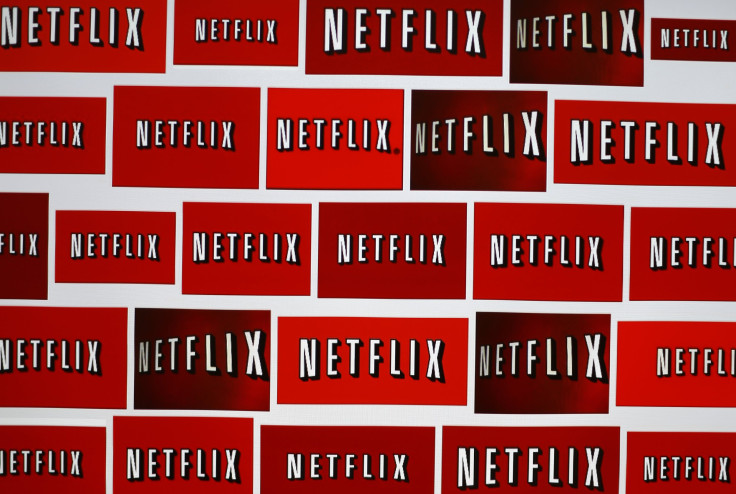Canada Wants To Overhaul Broadcasting Laws To Support Local Content

Canada's Liberal government is prepared to overhaul the country's laws governing broadcasting, media and cultural industries to support local content, Heritage Minister Melanie Joly told the Globe and Mail in a report Saturday, announcing a new policy direction in what she called a broken system.
Canada's broadcast regulator has long had requirements for networks to carry certain amounts of local content. But it cut that quota drastically last year under the Conservative government after the industry was shaken up by the arrivals of online media services such as the streaming site Netflix.
Joly told the Globe she was willing to change laws such as the Broadcasting Act and the Telecommunications Act and modify the mandates of the Canadian Radio-television and Telecommunications Commission (CRTC) broadcast regulator and the Canadian Broadcasting Corp public media organization. She added the government would also create new laws or agencies as needed.
Joly's Canadian Heritage federal department Saturday announced a public consultation on how to support and promote Canadian content in the current digital climate. The department said in a statement it has made available a pre-consultation questionnaire on media consumption habits and expectations that will be open until May 20. The department said Joly will lead the next phase, which will begin in the summer, though it did not give further details.
Canadian Heritage did not immediately respond to a request for comment.
Joly told the Globe she will start acting on the consultation's feedback in 2017, when she will also prepare a new cultural export strategy with International Trade Minister Chrystia Freeland.
Last year the government eliminated its 55 percent requirement for local shows on over-the-air TV, with the CTRC saying the protections were no longer relevant in a world of abundance and choice. The regulator's decision is not expected to take effect until 2017.
Netflix arrived in Canada in late 2010 and does not have to ensure a quota of Canadian content, which is usually less popular than that from the United States. It and similar services have shaken up the industry by offering more choices than traditional subscription TV services.
© Copyright IBTimes 2024. All rights reserved.







